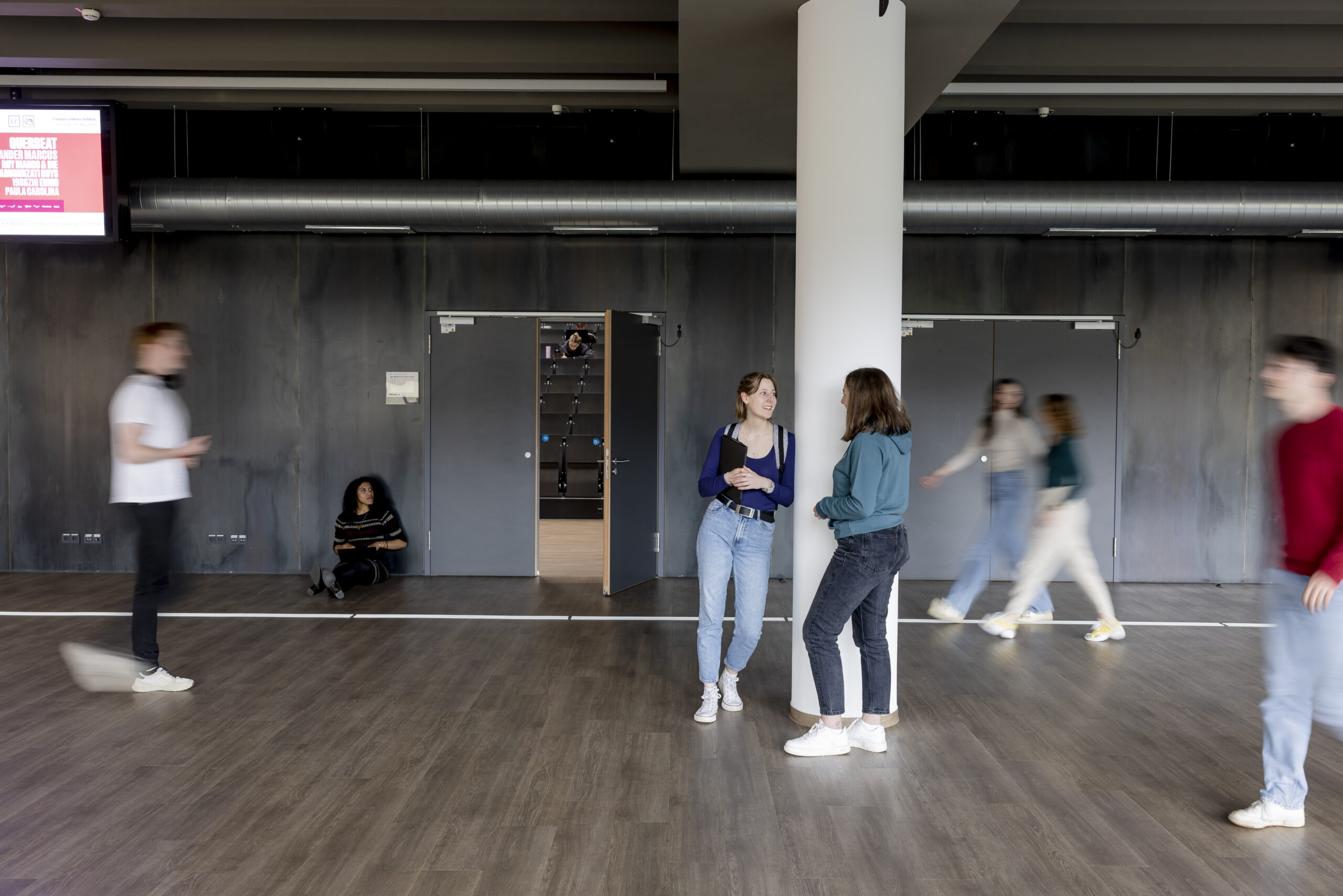
Master
Plural economics
Short info about the course of study
| Restricted admission | Standard period of study | Start of studies |
| no | 4 semesters | Summer and winter semester |
Authorisation procedure
The program is admission-free, but an application is required.
Application deadline
15.11.2024 – 21.03.2025
completion
Master of Arts
Further information about the degree programme
Language of instruction
German and English
The course of study
In the degree programme ‘Plural Economics: Transformation and Sustainability” you will learn about and critically reflect on various economic theories beyond the mainstream. The degree program is something for you if you want to deal with current topics such as climate change, sustainability, transformation, digitization, inequality and global justice. You have the choice between the focus areas Political Economics and Management and Mitweltgestaltung. We analyse and discuss economic phenomena from different perspectives and promote the discourse between different theories. We also maintain close contact between students and teachers. In this way, you will acquire the economic competence to actively shape social transformation.

6 Reasons to Study Plural Economics in Siegen
✓ The only degree program in Germany in which you can study plural economics with a focus on transformation and sustainability from an economic point of view at a faculty of economics.
✓ You get to know economic thinking beyond the mainstream (e.g. Ecological Economics, Post-Keynesianism, Ordoliberalism, Behavioral Economics Economic History) and to reflect critically
✓ You learn in small groups with close contact between students and teachers
✓ good connection to the teaching staff with various opportunities for student part-time jobs as well as projects in research and teaching
✓ You learn more than abstract models and mathematical formulas
✓ You qualify for exciting jobs in NGOs, associations, politics, companies or business journalism.
Career prospects
A study of plural economics opens up numerous perspectives for you. The wide-ranging and flexible master's program with many elective modules from different professional and scientific fields enables early specialization. Our graduates are on the road in various fields of activity. They work in non-governmental organisations, ministries and authorities, social enterprises, trade unions, civil society organisations, associations, foundations, university institutions, economic research institutes, management consultancies and economic journalism.
Entry requirements
The degree programme ‘Plural Economics: Transformation and Sustainability” always starts in the winter semester. Requirements for admission are a bachelor's degree from a university or university of applied sciences or a comparable degree with the Minimum grade 3.0 (In some cases, 3.5). In the Bachelor's degree programme, you must: Services in the field of economics (VWL/BWL) have been awarded at least 30 credit points. In addition, proof of Knowledge of the English language at least at level B2 required (e.g. by a baccalaureate certificate). All information on application and enrollment is available in detail here (https://www.wiwi.uni-siegen.de/wiwi/plurale-oekonomik/bewerbung.html?lang=de).
The current (specialist) examination regulations always apply.
Study structure
Students start with two common modules. Thereafter, one chooses between the specialisations ‘Political Economy’ or ‘Management & Mitweltgestaltung’. These consist of obligatory modules (orange) and elective modules (blue, see list on the left), whereby obligatory modules can be chosen from one specialization in the other specialization (you can therefore choose quite freely from the modules below). The last semester is followed by an internship or research project and the master's thesis. A semester abroad is also possible


Advice and contact
Make an appointment now at:
info.studienberatung@zsb.uni-siegen.de
or by phone at: 0271 740-2712
(Mon – Thu: 9 a.m. - 4 p.m. / Fri: 9 a.m. – 12 noon)